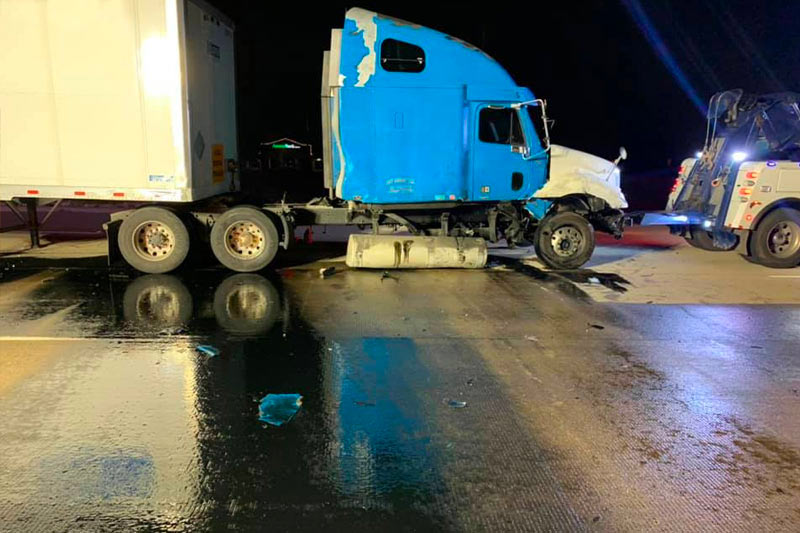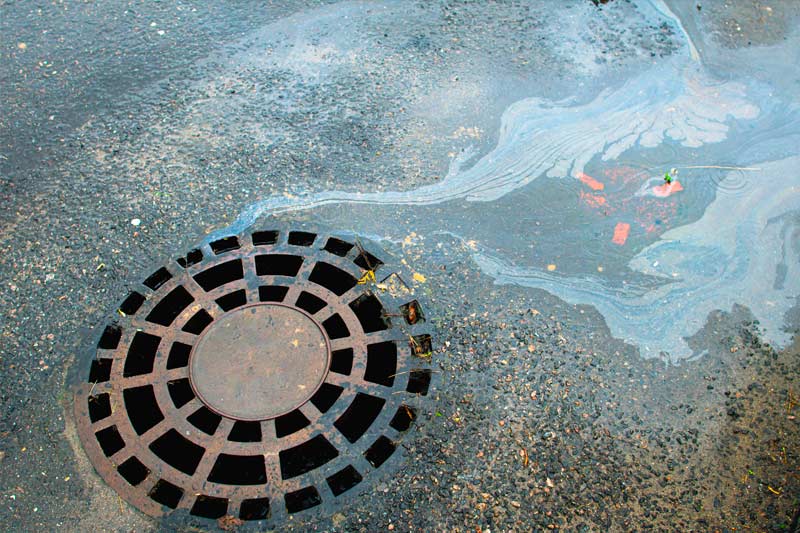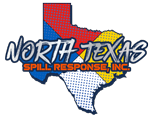Oil Spill Services North Texas
Regardless of whether you experience a spill at your home or your business, ensuring that the area is completely free of hazardous contaminants should be your highest priority. Petroleum-based spills are particularly troublesome as they can cause ecological harm beyond the damage that may be readily visible. If not acted on quickly, harmful fumes from gas or oil can cause have long-lasting negative effects on people and wildlife within the spill zone. Besides these obvious concerns, there’s also the threat of the spill seeping into waterways and beneath the surface of the ground. We use ELMN8 to quickly resolve your oil spill problems before the situation becomes direr. Contact us for a free on-site consultation so that we can have a better understanding of your needs prior to a spill.
What To Do When You Have An Oil Spill
If you’re the owner or manager of a gas station, industrial facility, or any other business or organization that stores large quantities of petroleum products, you are required to have emergency shut-off switches in the case of an accidental spill. At gas stations, there’s usually a red sign that reads “Emergency Shut-Off” with a button nearby that will stop the flow of gasoline to all of the pumps. Also, each gas pumping station is equipped with what’s called “shear valves” that automatically stop the flow of gasoline in the instance a motorist drives away without removing their pump handle from their car’s gasoline fill nozzle. If a spill does occur, it should be treated as quickly as possible to avoid any further damage. Absorbent materials and sorbent materials such as dams should be applied to keep the gasoline from reaching storm drains or other bodies of water. If you have a large petroleum spill, it’s best to contact a knowledgeable environmental cleanup company immediately like North Texas Spill Response so that we can respond and help you avoid any long-term damage from occurring.

Whether you experience an accidental oil release on your property or on water, North Texas Spill Response has the environmental project experience to quickly respond and mitigate the spread, and remove and collect any and all contaminants from your property. We help to ensure your property is environmentally safe for you and your customers.
Spills At Industrial Facilities
Who should you have an SPCC?
It may be difficult to grasp how this can still be an issue in 2022, but there 100’s, possibly thousands of facilities that are required to have a Spill Prevention, Control, and Countermeasure (SPCC) plan, but do not. If your business or industrial facility stores any type of oil products, be it gas, motor oil, hydraulic oil, or even vegetable oil in amounts greater than 1320 gallons, in containers larger than 55-gallon drums you are required to have an SPCC. An SPCC Plan is your roadmap to not only reacting to a spill once it occurs but to help you avoid having a spill altogether. Your SPCC must adhere to all local, state, and federal regulations and be readily available should your location be subject to an audit. Ensuring that your location remains compliant is not the only reason to have an SPCC, as figuring out what to do once you’re in the middle of a hazardous material release is not something you’ll be inclined to tackle head-on.
Potential Spill Sources
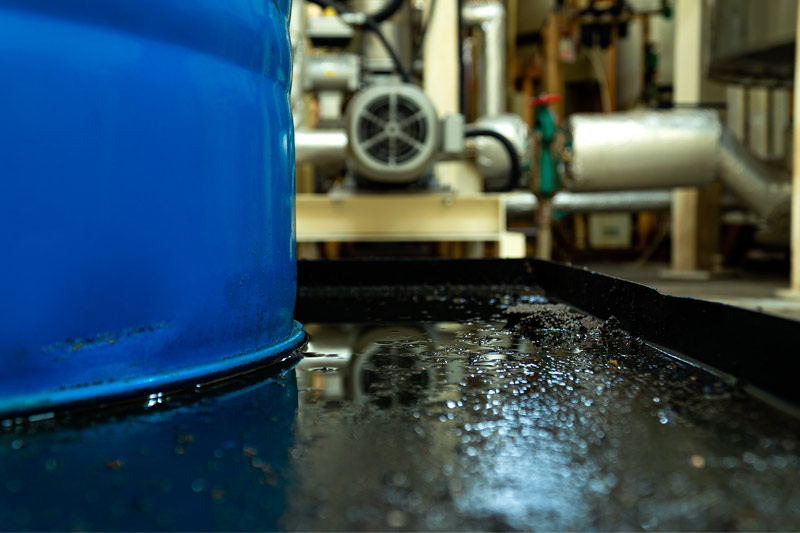
While it’s easy to know where the potential spill sources may occur at a local gas station, a refinery, or pipelines, some facilities that store petroleum products might not be able to easily identify where a spill might occur. That’s why when you’re creating your SPCC Plan you need to identify all possible sources at your facility where a spill might occur.
Spill Prevention Training
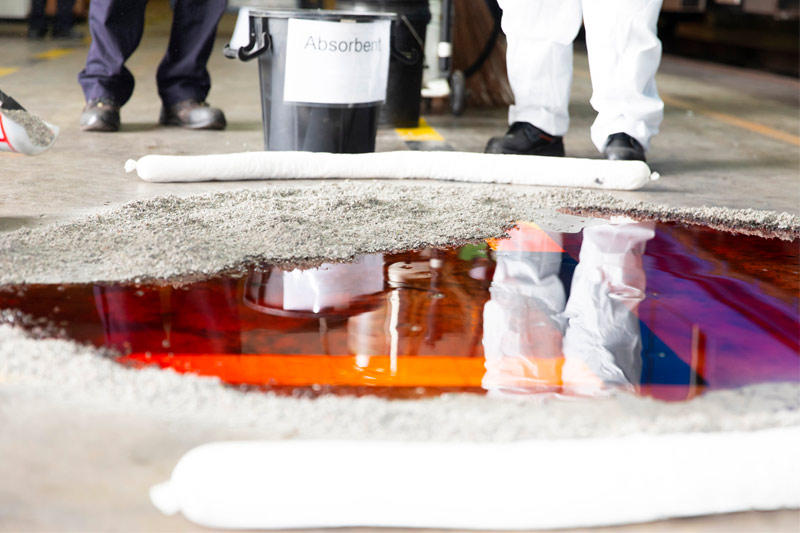
To ensure your spill prevention plan is effective we suggest that you educate not only managers and those who work closely with potential spill sources, but every employee. Spill prevention measures aid in minimizing the risk of spills and spill prevention training reinforces safety and reduces the chance of a spill at your facility.
Site Inspection Procedures
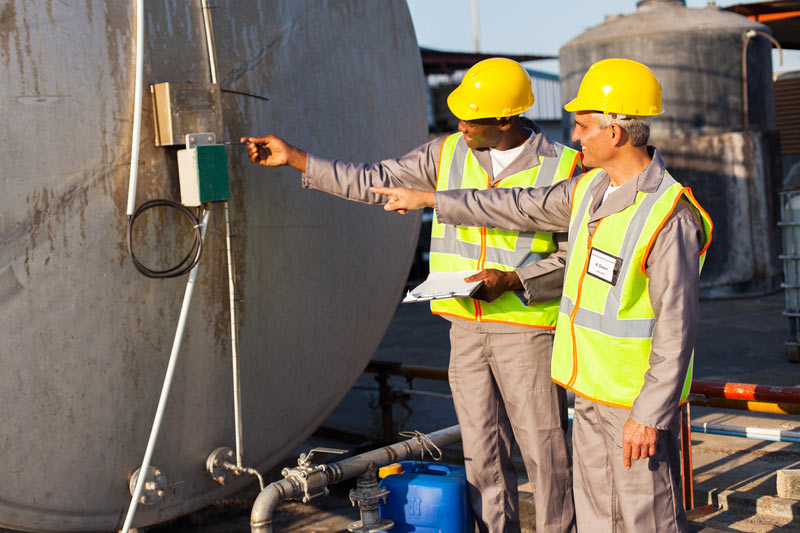
If you have a facility that stores petroleum, a spill emergency is not the time to figure out what to do and who to call. But with agreed-upon site inspection procedures, where everyone knows what specific areas to inspect and an individual or group of individuals conducts regular inspections there’s no need to run around aimlessly when a spill occurs.
Spilled Oil Negatively Impacts Your Site
Spilled oil on the roads after an accident may seem innocuous to those who are unaware of the potentially hazardous conditions that can be created if the oil is allowed to flow into waterways or farmland. Spills in an agricultural setting near croplands or grasslands have the effect of potentially choking existing plants of the vital nutrients and water they need to survive.
At North Texas Spill Response, we incorporate many tools to mitigate the release of hazardous material into the environment. These mitigation tools include berms, trenches, and other absorbents. We then neutralize the contaminants with our ELMN8 hydrocarbon-consuming solution. Once the petroleum products are captured, we then remove the contaminated substances from the area entirely, assuring that your property is well within all regulatory measures.
When it comes to spills at gas stations or other manufacturing facilities, recovery of spilled fuel or oil is our top priority. We are committed to protecting the health of everyone within the spill zone and will restore your site to its previous usability status once we have completed the cleanup procedures. Contact us for a free on-site consultation.
